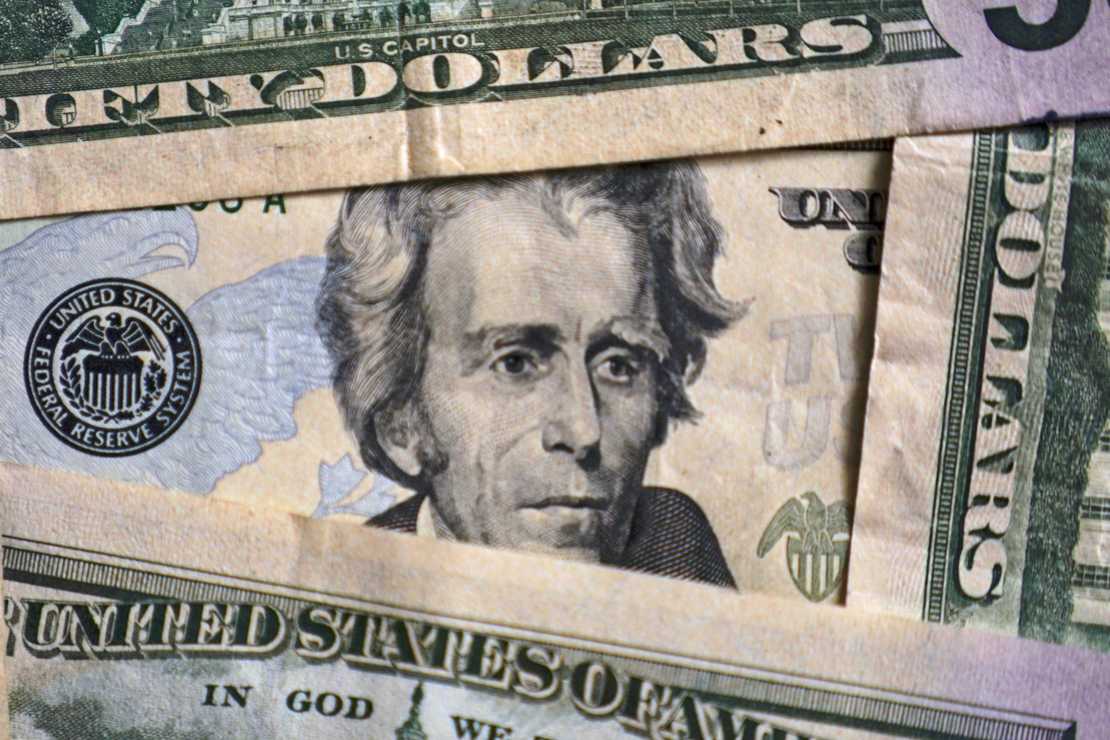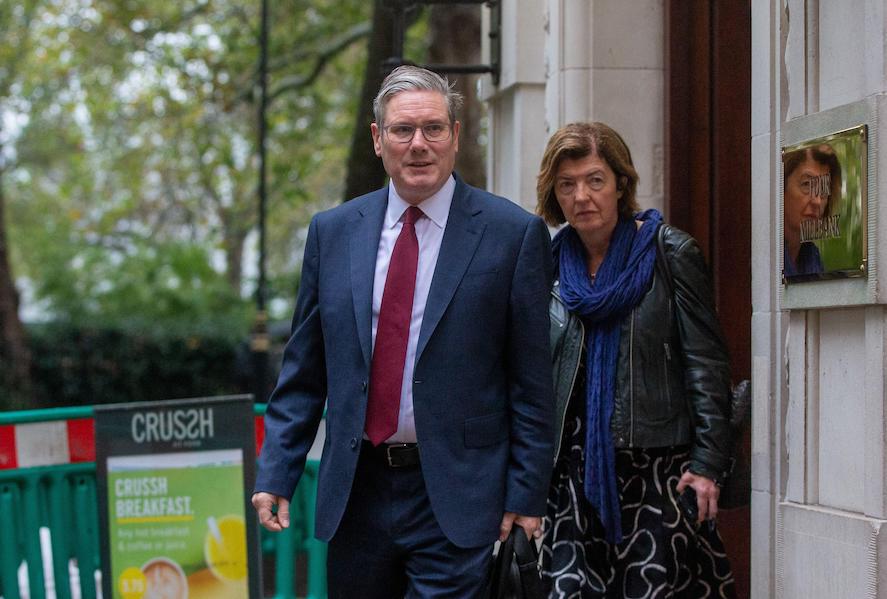I’ve been sort of keeping an eye on the expert/media opinions on this topic for a few months and this week they seem to be all over the place. Let’s start with MarketWatch which reported today that there are signs a recession is imminent.
Across markets, familiar trading patterns for stocks, bonds and commodities that have held for months are starting to unravel as financial markets grapple with expectations that the U.S. economy will slide into a recession next year, market analysts told MarketWatch…
For most of this year, falling Treasury yields coincided with higher equity valuations as borrowing costs became a critical concern for markets.
Now, it appears this dynamic is shifting, a sign that investors are starting to brace for a looming recession, even if the equity market hasn’t fully come around to this view.
“Copper prices are down, oil prices are down despite the fact that the inventory report came in lower than expected and China is reopening. The recession is weighing on everything,” said Gene Goldman, chief investment officer at Cetera Investment Management…
“Expectations for a recession are firming up and rightly so. We’re starting to see it get priced into markets, which isn’t that surprising after the rally we’ve had over the last month,” said Jake Jolly, senior investment strategist at BNY Mellon Investment Management.
CNBC has at least two stories on this topic today. The first is behind a paywall but is titled “Wall Street says a recession is coming. One investment pro names her favorite stocks to tough it out.” But the other one says something quite different:
CNBC’s Jim Cramer on Thursday said that the economy could be on pace for a soft landing, despite what Wall Street bears might believe.
“It doesn’t have to be a recession. The economy just needs to stabilize at a lower level, which I think is already starting to happen. This is the winning hand that nobody playing the recession parlor game seems willing to acknowledge, even as I bet it’s become the most likely outcome,” he said.
Soft landing is code for getting inflation under control without crashing the economy into a recession. So Cramer is optimistic. Yahoo Finance has a story based on comments from a Morgan Stanley economist. He seems to think we’ll meet some definition of a recession and it will feel like a recession even if by some measures it’s not one.
“The global economy is slowing, and risks are to the downside,” Morgan Stanley Global Chief Economist Seth Carpenter wrote in a new note, adding that “we are on the cusp of a loose definition of recession.”
And given the general nature of the slowdown, “the distinction between a recession and not is going to be a little murky,” Carpenter told Yahoo Finance Live…
As part of the U.S. cooling, Carpenter is predicting the job market will create below 100,000 jobs a month from the 200,000 a month pace realized in 2022.
So that’s more of a hard landing than a soft landing but still not a prediction of complete doom. For that we have to go to Fortune which published a story yesterday based on comments from “Dr. Doom.”
They call him “Dr. Doom” for a reason. Nouriel Roubini, professor emeritus at New York University’s Stern School of Business and CEO of Roubini Macro Associates, has a history of making pessimistic—but often prophetic—economic forecasts.
The man who spotted the 2008 U.S. housing bust and subsequent Great Financial Crisis (GFC) has warned throughout 2022 that a U.S. recession is inevitable and a global stagflationary debt crisis will follow…
“In a short and shallow recession, typically, from peak to trough the S&P 500 falls by 30%,” Roubini told Bloomberg. “So even if we have a mild recession…you’ll have another 15% leg down.”
“If we have something more severe than a short and shallow recession, but not as severe as the GFC…you have another 25% downside potentially,” he added.
Roubini is predicting the Fed will raise interest rates above 6% to fight inflation, which will put the squeeze on companies with too much debt.
So there you have it, take your pick. If you prefer to believe we’ll face a soft landing there are some analysts out there who believe that. If you think a very hard landing is more likely, there are analysts who believe that too. I’m not going to hazard my own guess but I can’t help but noticing that over the past 18 months, when it came to inflation, it was the doomsters who were basically correct and the optimists who had to apologize for claiming the problem was transitory.



















Discussion about this post